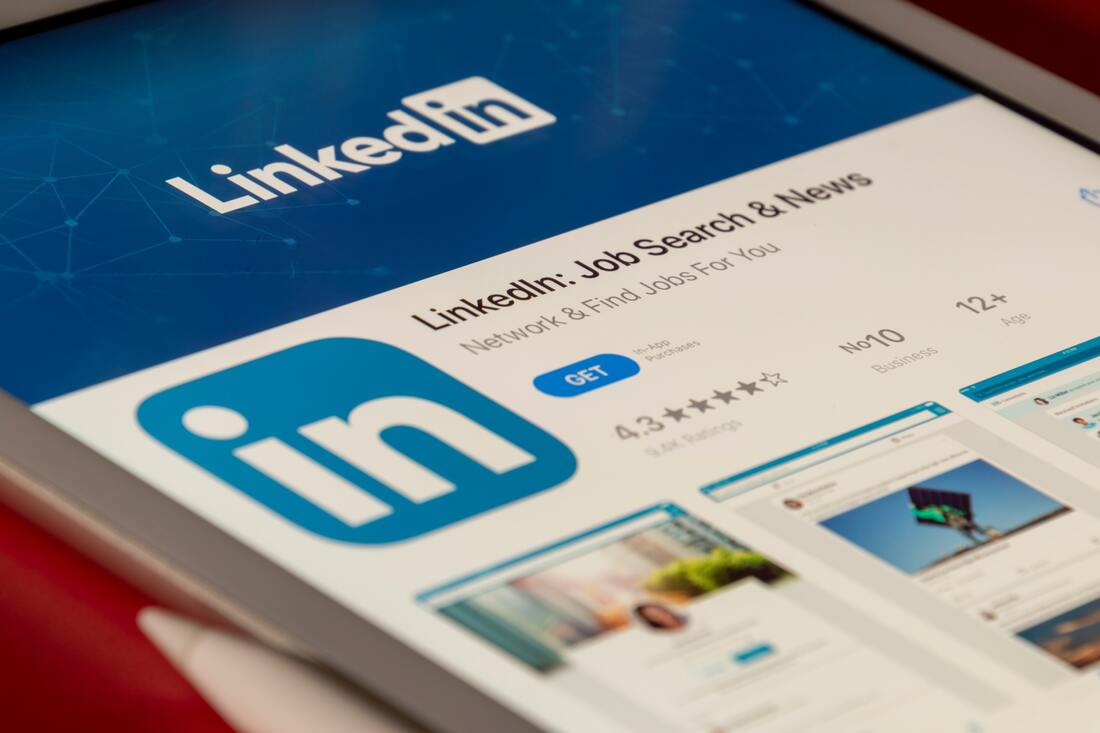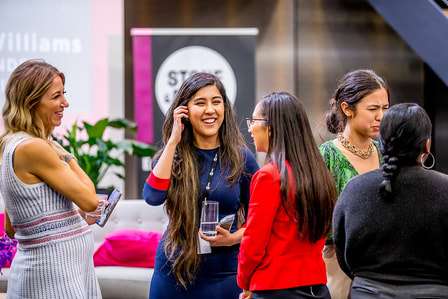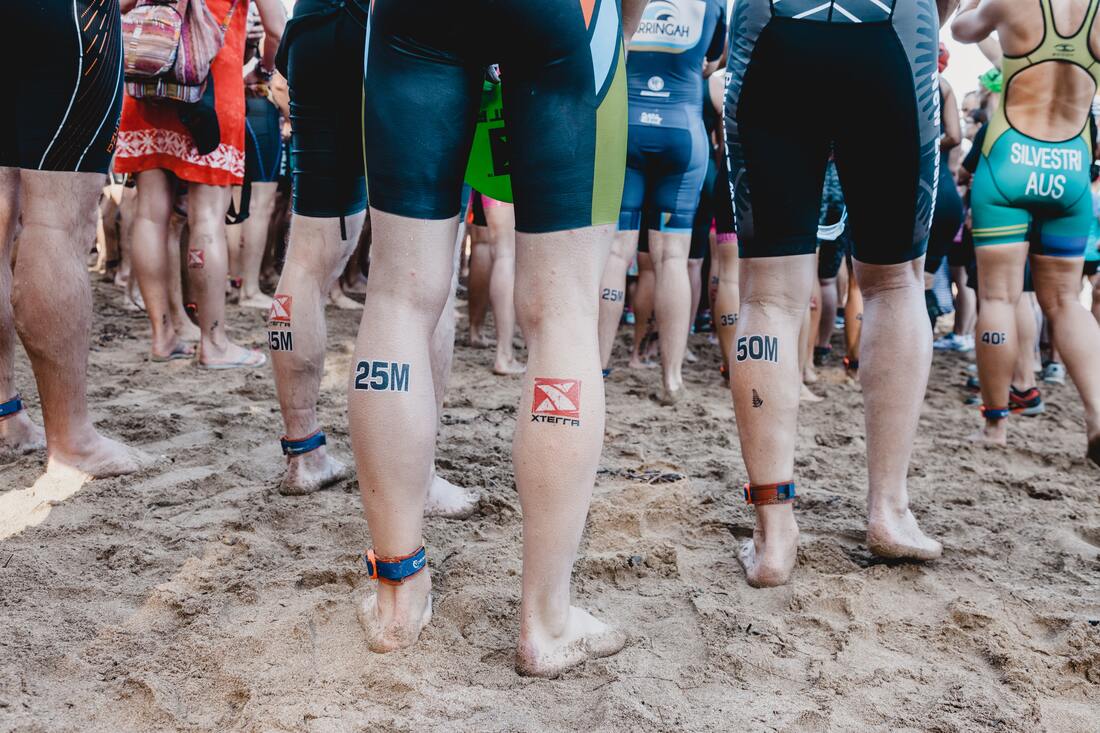Words, Ideas, StuffSome ideas and thoughts, captured with the view to help you.
|
|
As social platforms evolve and change, many of the OG users are rallying against the change, yet the platforms are loving the shift as it’s often bringing new growth, new users, more engagement – all good things if you’re a tech giant. We all know Insta has become a TikTok copycat, and that Facebook is a hard-to-win game for businesses and nothing more than an ad-roll for users, then there’s LinkedIn.
In a recent NY Times post it was reported that LinkedIn "has more than 830 million users who generate about 8 million posts and comments every day". That’s a big beast. LinkedIn reps also comment on how the pandemic accelerated its growth, and that this was also the conduit for the content shift to more personal stories. Almost as people sought connection while working from home, LinkedIn was the place for it as it felt like a 'work' space. No doubt there's also credit for the personal narrative playing a bigger role at work and in work spaces thanks to the social shift lead by Brené Brown et al, with the very encouraging view that effective leaders showcase character, strength, vulnerability and authenticity. While we’re champions of strong personal branding and sharing what’s at the intersection of what you value and can bring, and what your audience is interested in (relevance is key for any business or personal brand), we’re certainly a little fatigued by the inauthentic LinkedIn posts and the carefully scripted ones that are designed to garner likes and clicks. Having a clear brand for yourself and/or your business, with some consistent, relevant content arcs or themes is great and helps your audience build trust as they know what to expect from you. As to whether you should share on LinkedIn that your cat is unwell, or create dance videos on TikTok, that's for you to decide - our recommendation is to share what is authentic to you and relevant for your audience. And what you're comfortable sharing, trust your instincts on that one - if it feels like an overshare, it likely is. Have a listen to the half hour podcast episode here to hear more about defining or refining your personal brand and a few comments on the ‘Facebook-ification of LinkedIn’ and decide for yourself what role LinkedIn or other platforms can play in your career.
0 Comments
Anyone else break into a cold sweat at the thought of walking into a room of strangers knowing you just might have to force an intro and mingle? Odds are some of you will break into a sweat and others will be smiling ear to ear and will thrive in that environment. Most likely, it’s a situation we’re all going to have to navigate. It’s up to us to choose how we show up and how we answer the inevitable “What do you do?” question. Once we’ve uttered something, we’ll also likely return the serve. Anticipating this and knowing What about day one of the new job? Terror or titillation? It’s natural to put a tad too much emphasis on what the ‘right’ thing to do is in these environments. Where its new and we’re wanting to make a good impression. It’s risky and an unknown, and we can tie ourselves up in knots in advance playing out scenarios, yet, we can prepare in a different way, one that will keep our autonomic nervous system under control. Because there is no ‘right’ way. There might be an outcome you’d love to achieve, a perception you’d like to create, a connection you want to make – great to have intentions, and you’re prepped ready to do. Let’s chat a bit about what that can look like. “What you do will never define you for long. There’s so much to unpack in Abby’s quote. The clear message is gold - our character, not our ‘title’, is what’s important. It also is a wonderful prompt for us to consider how we answer that “what do you do” question. We don’t have to answer with our title – be that student, Professor, parent, dancer, artist or founder. Of course we can, especially if it’s something we love to chat about. If we’re keen to connect on that topic, we can do so by giving a little insight into what it is that we enjoy about our work or what makes our approach a little different. That allows the person we’re connecting with some grounds to develop the conversation too or find points for deeper connection. “I work as a personal trainer” compared with “I help people achieve their amateur athletic goals” “I’m learning to code Ruby on Rails” “I’m designing software that X and Y” or “I was inspired by Z so now I’m learning to code so I can …” This reminds me of a lovely lady I met at the Hi Tech Awards Event in Auckland in 2021. We did chat about work, I did ask her that question and she said ‘I’m just in sales” … luckily we had a laugh when I realised I had fallen into the easy trap of asking that question, but also chatted about how that word ‘just’ is dangerous. We talked about both of those points, and why in New Zealand we see sales as ‘less than’ and in many company structures, sales teams aren’t celebrated and we’ve somehow bought into the stereotype that sales people are untrustworthy. This is an area I do have a lot to say on, but this probably isn’t the right chapter or even the right forum! Let’s just say that yes, it’s an unregulated space, not all sales people are the same, some sales professionals are awesome at what they do, bring professionalism and expertise, and genuinely focus on ensuring patients or customers receive the value they expect. It’s important to remember too that without sales professionals, many organisations won’t succeed as without delivering services or exchanging value for goods, many organisations don’t have income, and it’s near impossible to stay afloat without that! An article on The Muse reminds us that the “what do you do?” question is actually a shortcut to deciding who someone is, and we all make sweeping assumptions from the response. Their article gives these examples: “You Say: I’m in sales. They Think: You’re a pushy, sweet-talking charmer. You Say: I’m a lawyer. They Think: You’re the argumentative type. You Say: I’m an accountant. They Think: You’re a numbers geek.” Back to the Hi Tech Awards and meeting Melisa. She is a really articulate, dynamic, capable and successful salesperson for an AI startup. The more we talked, the clearer it was that she was passionate about doing the right thing by her customers, them having awesome experiences, and her venture’s savvy technology. So we talked about all of that. We really clicked and even shared an Uber after the event. Imagine if we hadn’t stayed in that chat – we would have missed that chance to connect with an inspiring woman doing cool shit, and I know I got a lot from meeting her. I’ve also just checked her LinkedIn bio some nine months later, and it’s such a goodie. Melisa’s intro is how we can choose to introduce ourselves digitally or in person – it’s so engaging, and there’s a fair few things in here for others to connect in with. Most importantly, it’s authentic. This is who Melisa is. “What makes me unique is my obsession with doing things well. Mastery is about not sacrificing everything to get to the finish line, it’s how we get there. I’m a proud sales professional who has a personal interest and curiosity in using data, innovation and technology well, both in our personal and professional lives” We can choose to offer up a work or career related response, but we don’t have to. We can answer however we choose. Maybe answer with the thing you’re passionate about right now? Things like …
If you want to chat about work, do that, if you want to share something else, just know it’s okay to do that instead. Often when we’re asking someone “What do you do?” it’s less about seeing if there’s a chance to do business, and more about finding some common ground. Same with the “where are you from?” one too. This one needs a little chat too – it’s a question that can seem insensitive in some contexts, especially now we live in a gloriously multi-cultural society, so a word of wisdom from one experience I had. A few years ago I did a lot of volunteering for the Christchurch Women’s Refuge (now Aviva) and worked for them one weekend on a promo stand at an event. This was alongside other volunteers, and one lady I worked with was warm, upbeat, engaging and super fun – we chatted effortlessly between engaging with people at the stand, and at the end of the day she thanked me for not asking where she was ‘from’, as to her, that felt like she was not ‘from here’ and impacted her sense of belonging. Now I’d love to claim this as a conscious choice not to ask, but from memory, it was perhaps more that there were so many more interesting things to ask her as she was a vivacious and accomplished lady. It has always stuck with me how a question, even one asked with the best intentions from our own perspective, can unintentionally alienate someone or remind them of their ‘Otherness”. “The creation of otherness (also called ‘othering’) consists of applying a principle that allows individuals to be classified into two hierarchical groups: them and us.” Source: https://www.sciencedirect.com/topics/social-sciences/otherness
So without meaning to, a simple question can actually push someone further away from you when during dialogue you’re actually seeking to form a connection, or at least pass the time in a pleasant way. Not saying this question is to be avoided, just be mindful when you ask it and what your motive for doing so is. The hot tip before you roll into the room:
|
Categories
All
AuthorMelissa Davies Archives
January 2024
|





 RSS Feed
RSS Feed